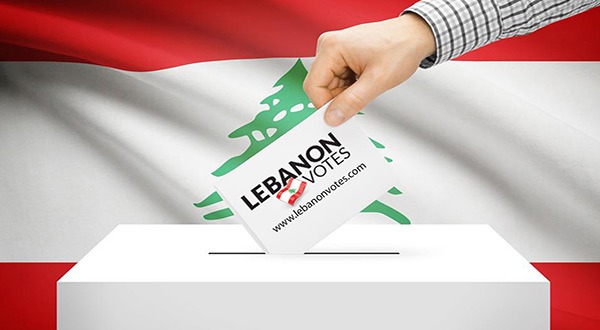Given the widespread destruction and financial collapse following the October 2019 revolution, the Lebanese 2020 presidential and parliamentary elections suggest a viable path towards real political change, which is why it is crucial that Lebanese citizens voice their independent thought, within the limitations of electoral laws. So what is the role of elections in Lebanon’s political and economic instability? And how can Lebanon maneuver and update these laws to accommodate this crisis? In order to answer these questions, it is crucial to understand the history of Lebanon’s political status and the evolution of its elections.
Lebanon officially achieved its independence from the League of Nations (LON) mandate under the French administration on November 22, 1943. Following this, parliamentary elections were held in 1947, during which President Bishara Khuri was re-elected. Two years later, the founder of the Syrian Social Nationalist Party, Anton Saadeh, was assassinated by Syrian troops after rebelling against the government.
In 1976, the Syrian army began an invasion of Lebanon, then in 1991, a treaty of Brotherhood, Cooperation, and Coordination was signed between Lebanon and Syria, securing ties between the two. However, after the Israeli withdrawal from Southern Lebanon and the death of former Syrian president Hafez al-Assad in 2000, the Syrian military presence was slightly disconcerted.
Through adopting the UN Security Council Resolution 1559 and following the assassination of former Lebanese Prime Minister Rafik Karari, who was linked back to Syrian involvement, Syrian President Bashar Al-Assad announced that Syrian troops would begin their withdrawal from Lebanon.
On March 8, around half a million Lebanese people, led by Hezbollah, started protesting Resolution 1559, as Hezbollah’s vision of Lebanon clashed with the liberal approach to development and urban capitalism of the Lebanese society. On March 14, anti-Syrian sentiments grew in Beirut, and around one million Lebanese people gathered in the heart of the capital, demanding the withdrawal of Syrian troops. And in 2005, Syria completed its full withdrawal from Lebanon.
In 2009, Lebanon held its first parliamentary elections, which resulted in a legislature split between the “March 8” and “March 14” alliances. Over the following three years, tensions between Syrian refugees and the Lebanese people intensified, resulting in another government collapse. Then in 2013, weeks before the legislative elections were to be held, the parliament extended its own mandate by 17 months for the first time since the Lebanese civil war. After months of negotiations, the door for parliamentary elections was opened once again, and finally in October 2016, General Michel Aoun was elected as president.
In 2018, during the first parliamentary election since 2009, many Lebanese people eligible to vote chose not to because “they have no choice anyway,” since Hezbollah and its two main allies – the Amal Movement and the Free Patriotic Movement – held a parliamentary majority. The voters’ turnout was 49.2 percent compared to 54 percent in 2009.
With concerns about the economy and coping with more than one million Syrian refugees, the 2018 elections appeared to be quite significant, yet not enough people voted.
Despite Lebanon’s history of corruption, voting is the only chance for the country to better its political, social and economic situation. The country’s widespread negligence and corruption are due to political mismanagement within the past 30 years. With the public debt soaring to $92.42 billion, half the population living below the poverty line, and a $15 billion repair bill for the Beirut port explosion in 2020, economic misery has only been exacerbated. The May 2022 elections are the last existing beam of hope Lebanese citizens have to turn things around. This includes Lebanese people abroad who have only recently been eligible to vote. There is fear that the political forces may attempt to postpone the elections to gain a grip over their power. At a time when the Lebanese people are calling for a radical change in the country’s administration, it is understandable why corrupt political powers are attempting to eliminate this.
The issue with Lebanon’s general election is not technical, but political, and thereby it requires an independent electoral management body to ensure that the elections are representative of the Lebanese people. With a history of political instability and divisive issues amongst political and religious parties, Lebanon places itself in a decayed situation. The only remaining possibility for Lebanon to transition out of its corrupt situation is for whoever is elected are a critical mass of reform-minded figures who are not subject to the intimidation or limitations of the largest political parties.




